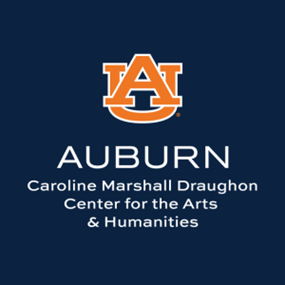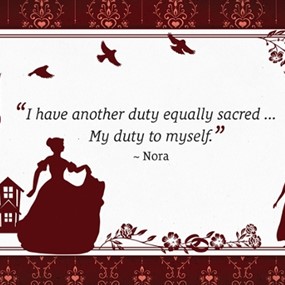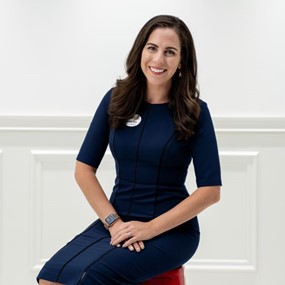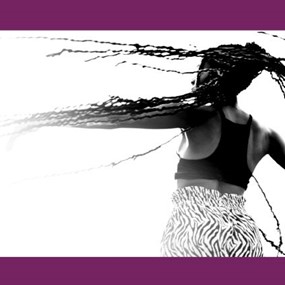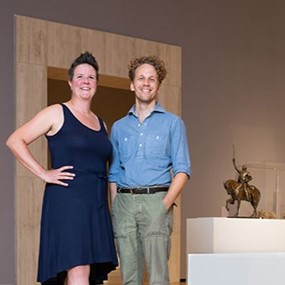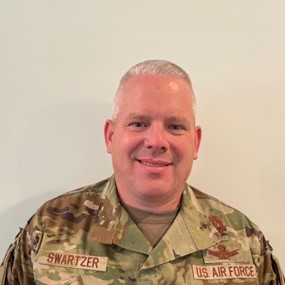Alumni Spotlight: Raye Hendrix, '14, '17, English, author of two new chapbooks
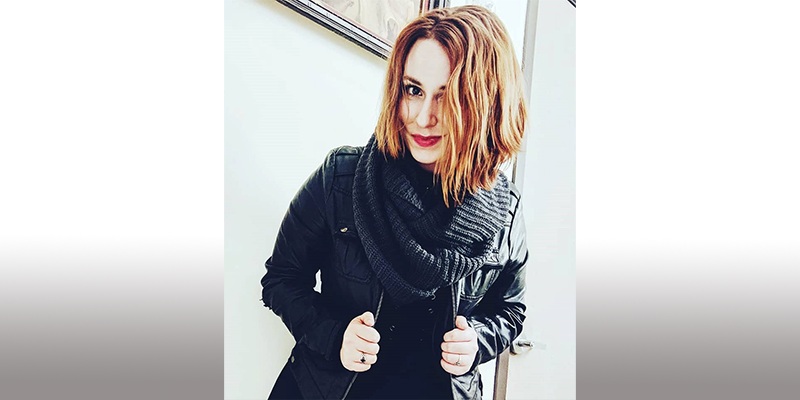
Raye Hendrix is a writer, scholar, and published author from Pinson, Alabama. She holds two degrees from Auburn University — a bachelor's degree in English (creative writing, 2014) and a master's degree in English (2017). She earned her Master of Fine Arts (MFA) from the University of Texas at Austin's New Writers Project, where she won the Michael Adams Thesis Prize in Poetry and served as the web editor for Bat City Review. She has worked as the online content and web editor for Bat City Review and assistant managing editor for Southern Humanities Review, and as the managing editor and photo editor for The Auburn Plainsman.
Hendrix currently lives in the Pacific Northwest where she is a PhD student at the University of Oregon, which has awarded her fellowships for her research at the intersections of American poetry and poetics, deafness, and disability. She teaches in the English department and is active in her union, where she serves as the chair for the Disability Access Caucus and co-VP of Equity and Inclusion.
Two of her chapbooks have been published recently, and her work has been featured on Poetry Daily and in 32 Poems, Shenandoah, Cimarron Review, Poetry Northwest, Zone 3, and elsewhere. You can find more of her work at rayehendrix.com.
In our interview, Hendrix talks about her early love of Auburn, her passion for writing, and her experience as a student. She also shares some quality advice about pursuing your passion and believing in yourself, even when you have a pile of rejection letters in front of you.
Would you please tell us about yourself?
I grew up in Pinson and went to high school in Birmingham, AL, before heading to college at Auburn. I stayed on for my master’s degree, and then went on to pursue my MFA in poetry at the University of Texas at Austin. I’m currently living in Eugene, OR, where I’m approaching the dissertation stage of my PhD in English and Deaf and Disability Studies.
Would you please tell us how you chose to attend Auburn? And how you chose your major?
I think I was an Auburn fan before I knew what that even meant! My dad, Ben Hendrix, went to Auburn, and as a bit of a daddy’s girl, I always wanted to follow in his footsteps. Auburn was the only place I ever wanted to be. I applied other places, just in case, but Auburn was the first school I heard back from, and I never even opened the other letters to see if I’d gotten into other schools or not.
I’ve always loved writing and reading, and I actually started off as a journalism major and worked for the Plainsman for almost my entire college career. I switched to English while I was still doing my core work, not because I disliked journalism, but because I wanted to engage with writing and reading in a more creative, malleable way. I took an Introduction to Creative Writing class with Dr. Ryder Collins, and that’s when I realized how much I loved writing poetry. I took poetry workshops with Keetje Kuipers, and then stayed on to do more in-depth engagement with poetry in Auburn’s English MA with some incredible professors.
Do you feel your education and experience at Auburn prepared you for your career? If so, how?
Absolutely. Every professor I had at Auburn was excellent. It was so evident that this was more than just a job to them; my Auburn professors genuinely wanted me to succeed, and it showed in their enthusiasm. This was true across the board, but especially so in the English department where, once in my major, I got to have more one-on-one interactions and form a close-knit community. In addition to Dr. Collins and Prof. Kuipers, the names that come immediately to mind are Rose McLarney, Anton DiSclafani, Dr. Jonathan Bolton, Dr. Jeremy Downes, Drs. Anna Riehl and Craig Bertolet, and Dr. James Ryan, but I’m certain there are others I’m missing. These professors—and Auburn generally—made sure I was well-rounded in my ability to not only think critically and analytically, but also creatively and compassionately. I learned at Auburn to not be afraid to ask difficult questions, to be comfortable with the uncertainty that comes with learning, and that has made all the difference. Auburn made me a lifelong “student” in the best way.
What three words would you use to describe your Auburn experience?
1. Engaging: The community at Auburn, both socially and academically, is incredible. There are so many opportunities to engage in that community—which is why I chose this word—and be part of something that’s simultaneously bigger than yourself, but where you feel your presence truly matters. I always felt invited in.
2. Fulfilling: I learned so much. I was given so many amazing opportunities to do good, fulfilling work, and to explore different options in order to find out what it was that fulfilled me. In so many ways, Auburn truly does feel like the family it says it is: Auburn, as a community, wants to support you, wants you to succeed, wants you to feel accomplished and good about what you’ve done. The work I got to do at Auburn and the communities I got to engage with and be part of gave me a deep sense of fulfillment and existential excitement.
3. Inspiring: There’s always something exciting happening at Auburn. The English department’s Third Thursday poetry reading series at the museum was one frequent, particular source of inspiration for me outside of classes, but I found my academic work and professors inspiring as well. I was always encouraged to think bigger and wider, and to believe in impossible things. (And, as a football fan, I have to mention the luck that I got to witness some of the most inspiring sports moments as a student, with Cam Newton my freshman year and the Miracle in Jordan-Hare and Kick 6 in my junior year!)
Do you have any advice to share with other students who are hoping to become published authors/poets, like you?
I’ll give the pieces of advice that I still have to constantly give myself: Ask questions, ask for help, put yourself out there, accept criticism but take it with a grain of salt, and roll with the punches. The publishing world is more about failing than it isn’t, and learning how to take the hits and keep getting back up to try again is so important. It requires a lot of faith in yourself and your work, and that’s where asking for help—having a writing community—will come in handy, because it’s so easy to lose sight of why you want to write when you’re staring at a big pile of rejections. The wins will come. You just have to keep believing they will, and part of believing is trying again (and again, and again…).
Tags: Arts and Culture Diversity, Equity, and Inclusion English Alumni

